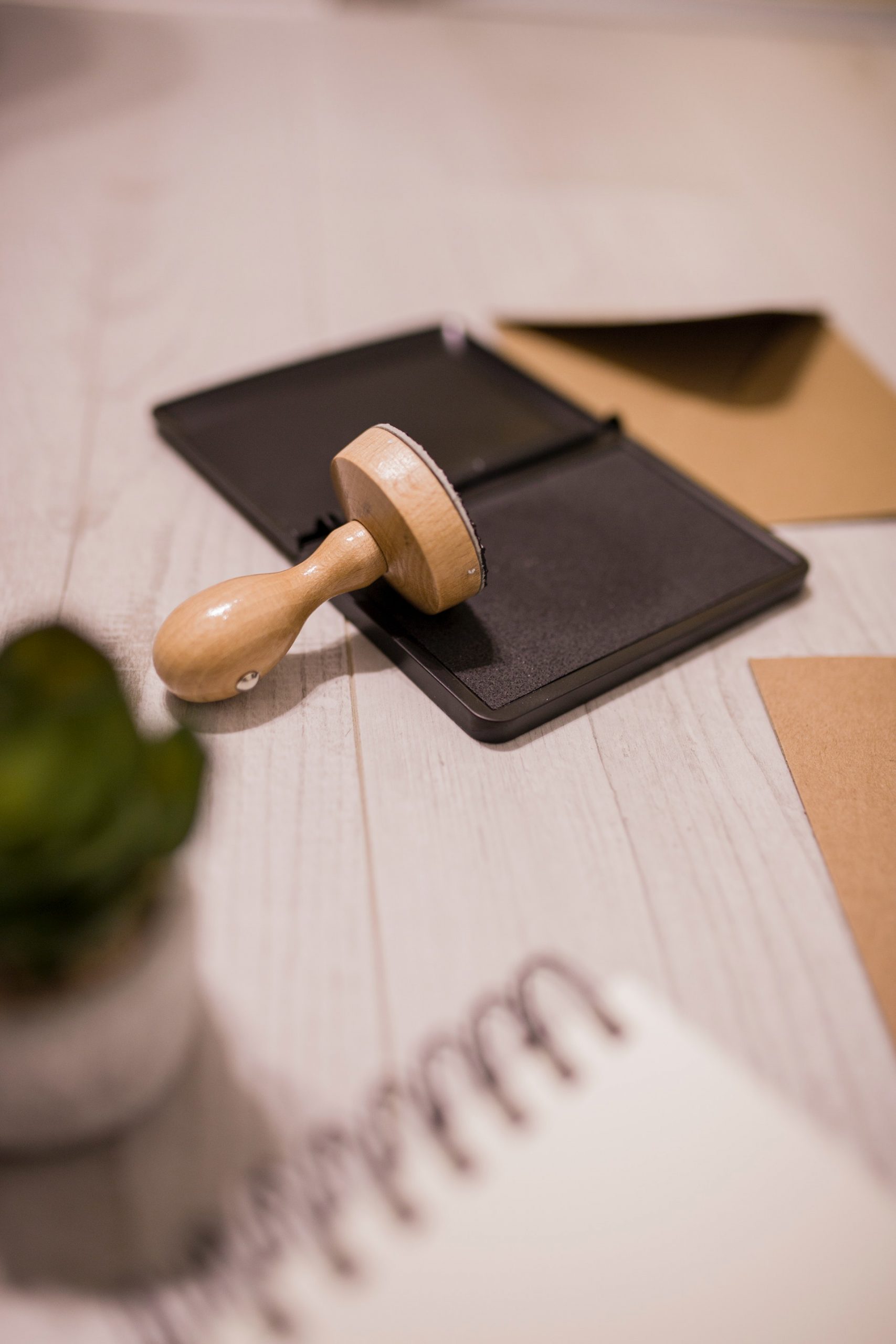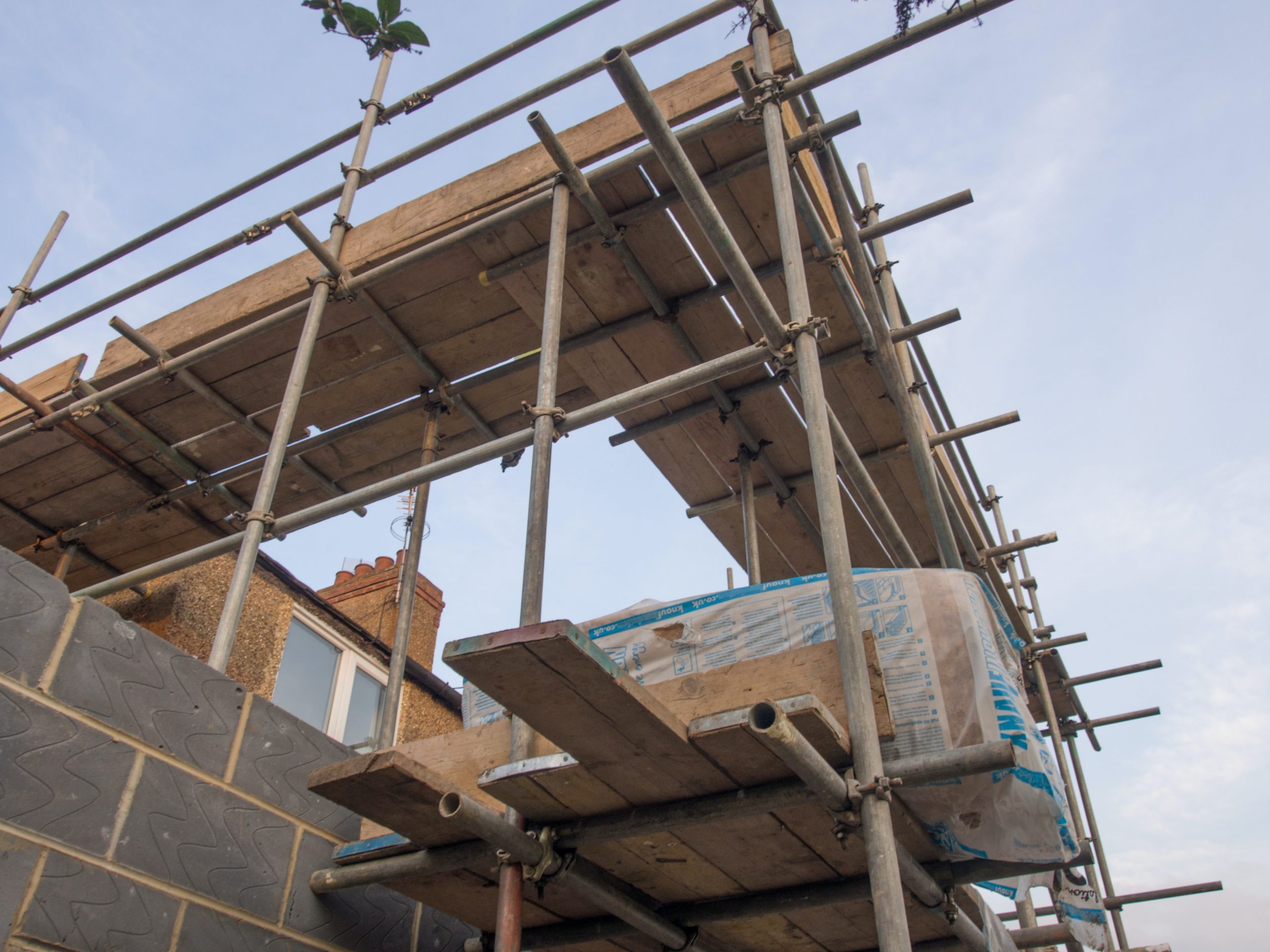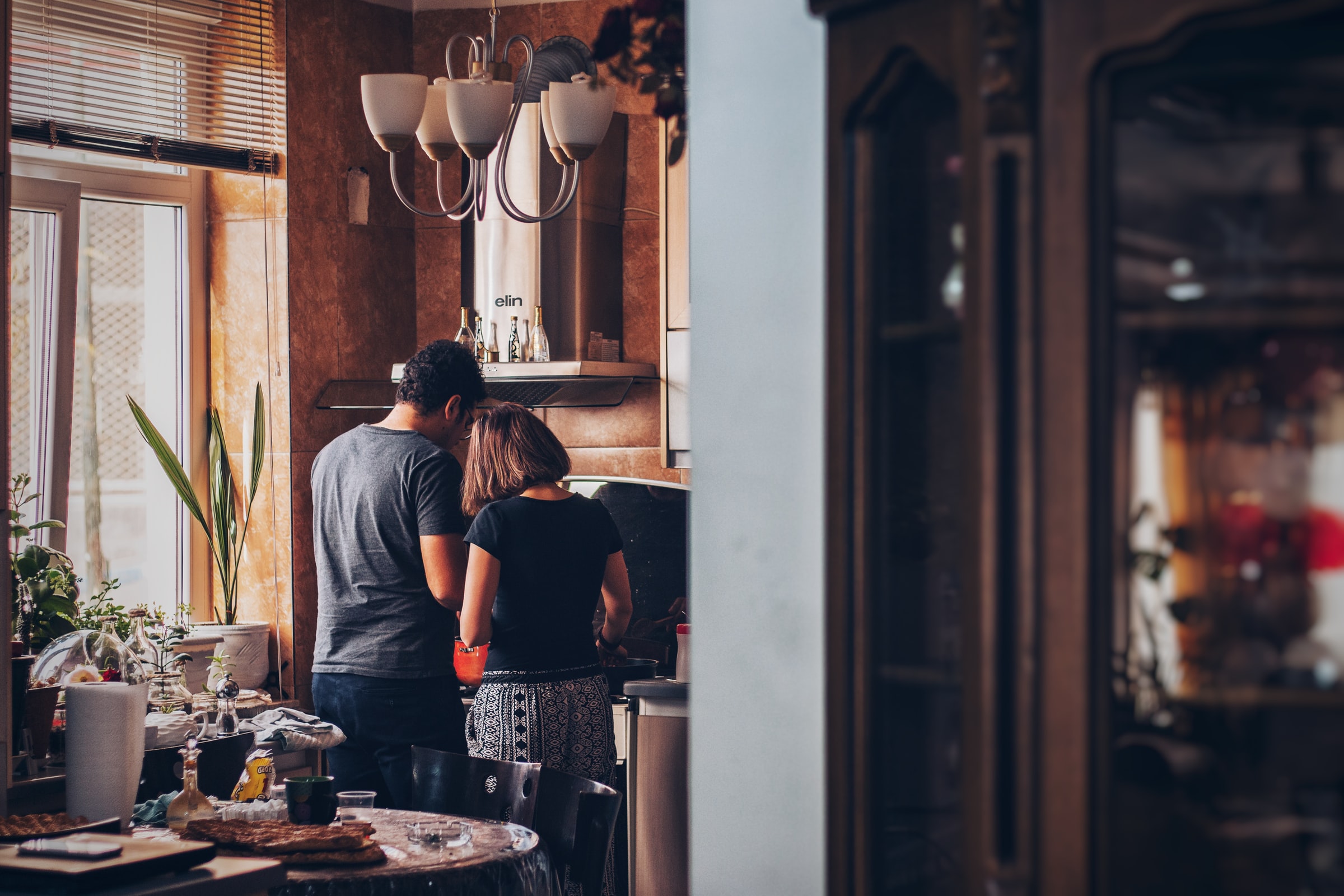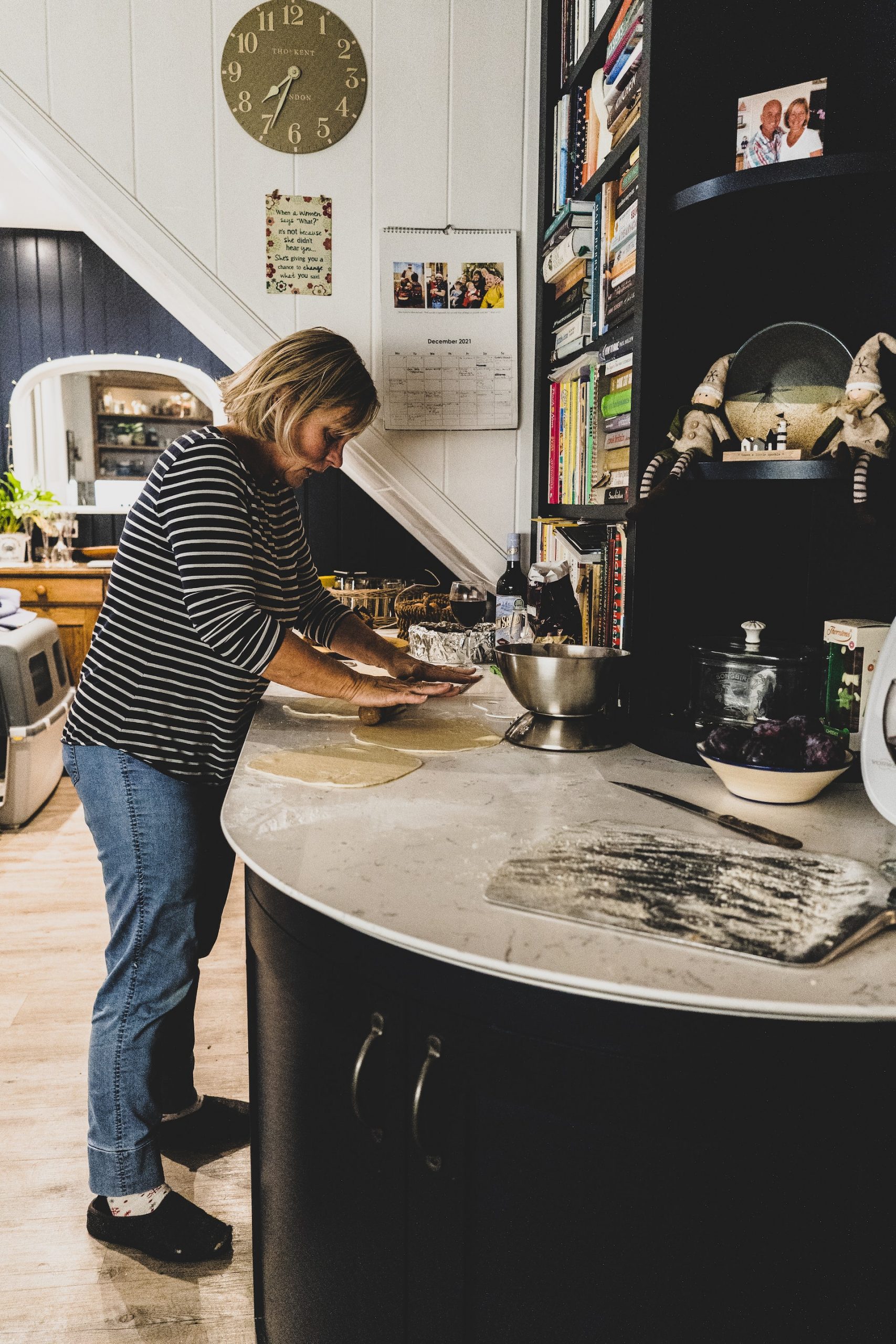Stamp duty is a tax placed on legal instruments by the Government. In modern times, this is a written document which shows that property or assets have changed hands. But why does it exist? Why do some homebuyers have to pay it? And why don’t a lot of first-time buyers have to pay it?
What's Included?
A brief history of stamp duty
Stamp duty in England goes back more than 300 years. King William III introduced stamp duty in 1694, consisting of “several duties upon Velum Parchment and Paper for Four yeares”. Specifically, it was a tax on legal instruments, which were at that time handwritten.
William introduced the tax to help fund the English Army in the war against France. The tax was so successful that over the next two hundred years, Parliament passed a series of Stamp Acts. A few of these survive to this day in some form or another.
Stamp duty used to take the form of of a literal, physical stamp, like a postage stamp. The stamp showed that the recipient had paid the duty. Throughout the 18th and 19th centuries, the Government extended the duty from legal instruments to affect other items like playing cards, dice and newspapers. From 1782 until 1971, all people paying by cheque had to pay stamp duty before the bank could cash the cheque.
Stamp duty even had a role in shaping world history. The enforcement of the Stamp Act 1765 led to uproar in the British colonies in America. The colonists had to pay British taxes despite no representation in the British parliament. The outrage that resulted contributed to the outbreak of the American War of Independence, and the subsequent establishment of the United States of America.
In 1808, stamp duty started applying to “conveyances of sale”, that is, transfers of ownership in investments like land and shares. The Government based the tax on the value of the title. The bigger the price, the bigger the duty.
In England and Northern Ireland, stamp duty in its current form is officially known as Stamp Duty Land Tax, or SDLT. Tony Blair’s Labour government introduced SDLT as part of the Finance Act 2003.
SDLT as it exists today, confusingly, isn’t actually “stamp duty”. At least, not in the old-fashioned sense. It’s still a tax on a legal instrument, but it no longer involves an actual physical stamp.
Rather, SDLT is a transfer tax derived from stamp duty. It’s a tax on the document itself rather than the material used to make the document.
Don’t be confused. When people in England and Northern Ireland say “stamp duty” in regards to buying a house, they always mean SDLT, even though there are no longer any actual stamps involved.
Why do homebuyers have to pay stamp duty?
Stamp duty is just like every other tax. It’s a way for the government to collect revenue for public works and services. This includes things like the welfare state, the NHS, state pensions and schools.
In this way it’s no different from council tax, road tax, income tax, and value-added tax.
The good news is, not all homebuyers have to pay it, and this is especially true for first-time homebuyers.
Do first-time buyers pay stamp duty?
If you’re not a first-time buyer, the threshold for paying stamp duty is £125,000. You will pay between 2 and 12% of the purchase price of the property in stamp duty.
If you are a first-time buyer and your home is worth less than £300,000, you don’t have to pay stamp duty. Between £300,001 and £500,000, you will pay 5% stamp duty on that portion up to £200,000. On properties above £500,000 you must pay the full stamp duty cost.
How do I pay stamp duty?
Generally, your solicitor or conveyancer will handle your stamp duty payments. You will give them the money along with their other fees on the day you complete your purchase. They can also file the relief for you.
If you don’t use a conveyancer for whatever reason, or your conveyancer does not offer this service, you will have to file a return and pay the tax yourself. You must do this within 14 days of completion, no later.
What happens if I avoid paying stamp duty?
As with any tax, if you dodge paying stamp duty, HMRC will chase you.
If you miss the 14-day limit but pay within 3 months, HMRC will charge you an additional £100 penalty. If you miss the 14-day limit and the 3-month limit, HMRC will charge you an additional £200 penalty.
In either case, HMRC will also charge you interest for every day you missed. If you still avoid paying what you owe, the Police may arrest you, and you could face criminal charges. These can carry penalties of six months in prison and fines of up to £5,000.
Bottom line: It’s cheaper and easier to just pay what you owe rather than risk incurring the wrath of Her Majesty’s Revenue and Customs!
Does stamp duty apply to every country in the UK?
Stamp duty works differently in Scotland and Wales. This is because of devolution.
Scottish law replaces SDLT with Land and Buildings Transaction Tax, or LBTT. It works similarly to SDLT in England and Northern Ireland, but there are differences in how it affects first-time buyers.
Revenue Scotland applies LBTT first-time buyers’ relief to the first £175,000. After that, the Revenue subtracts £600 from any LBTT charges you may incur.
The penalty for failing to pay LBTT is an initial penalty of 5% on the unpaid tax, followed by a second penalty of 5% on the unpaid tax after 5 months, followed by a third penalty of 5% on the unpaid tax after 11 months. This also comes with an interest charge. Noncompliance after this point becomes a criminal matter. You can again expect the court to jail or fine you.
Welsh law replaces SDLT with Land Transaction Tax, or LTT. It also works similarly to SDLT in England and Northern Ireland, but there are no first-time buyers’ reliefs.
However, the threshold for paying LTT in Wales is £180,000 for residential properties. This is higher than in Scotland. Awdurdod Cyllid Cymru calculate how much you pay based on what kind of home you are buying. If you are looking to buy a home in Wales, check the Llywodraeth Cymru Land Tax calculator to see what you’ll owe.
Do I have to pay stamp duty on a shared ownership home?
If you are a first-time buyer who is looking to buy a shared ownership property, you generally don’t have to pay stamp duty on the stake you buy in your house.
However, if the value of the home you are buying is over £300,000, you have the option of paying stamp duty upfront. This is because if you buy additional stakes in your home that could take the stake you own above £300,000, you will have to pay stamp duty on the stakes you purchase. Paying it off early means that you can buy those stakes hassle-free later on.
If you’re really keen on your shared ownership property and want to buy more stakes down the line, it may be beneficial to pay the stamp duty up front. You can talk to your conveyancer and your housing association about arranging this.
How does stamp duty work for my second home?
When you sell your first home and buy a new one, you will have to pay full stamp duty.
The threshold for paying stamp duty on your second home is £125,000. You will pay between 2 and 12% of the purchase price in stamp duty, depending on the bracket. When you start looking to buy your second home, your conveyancer will most likely want to ensure you have money set aside for this eventuality.
Credibble offers two fabulous solutions
If you’re preparing to take a mortgage, never apply until you’ve tried our unique and FREE Credibble Home app. Our smart technology will tell you what you need to fix so you avoid rejection. The app predicts when you will be able to buy, for how much and tracks your month-by-month progress to mortgage success. We’ve even added your own mortgage broker, so you get the best deals available.
More focused on your credit rating? Well, get started for free with Credibble’s 24- Factor Credit Check to truly help you improve your creditworthiness and how lenders view you. (Remember: lenders don’t use your credit score! We’ll show you what lenders look for and how to get your credit report in the best shape possible).









